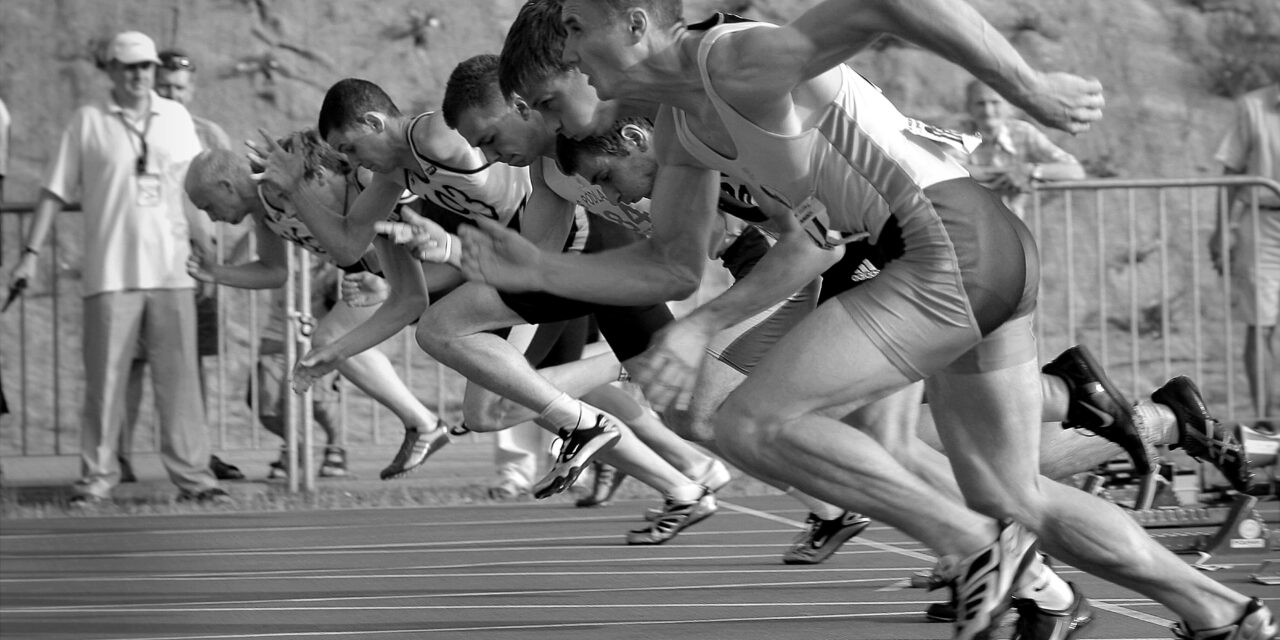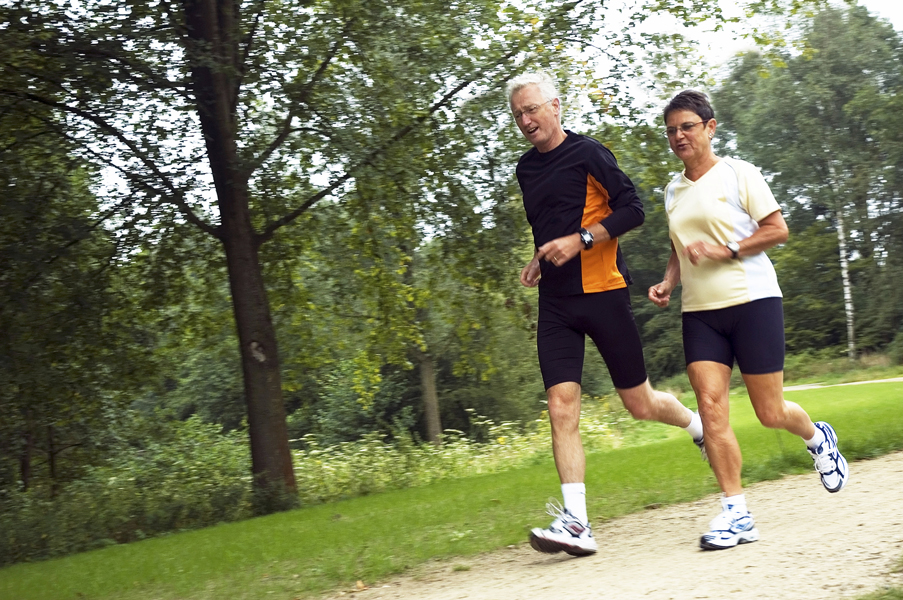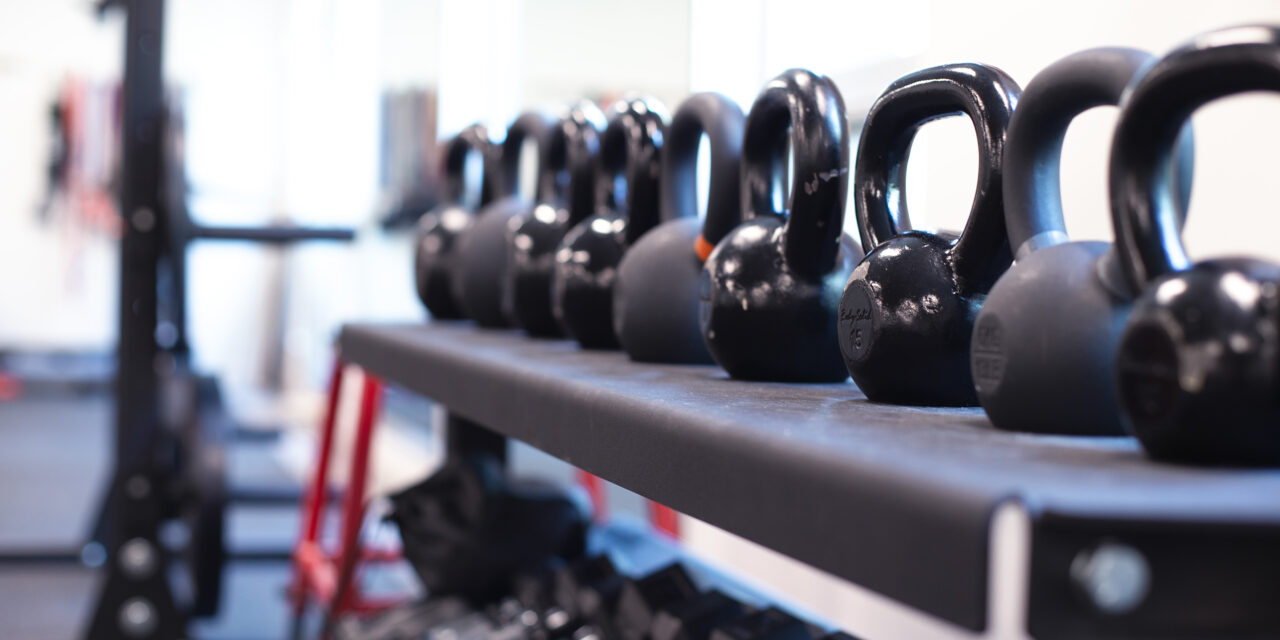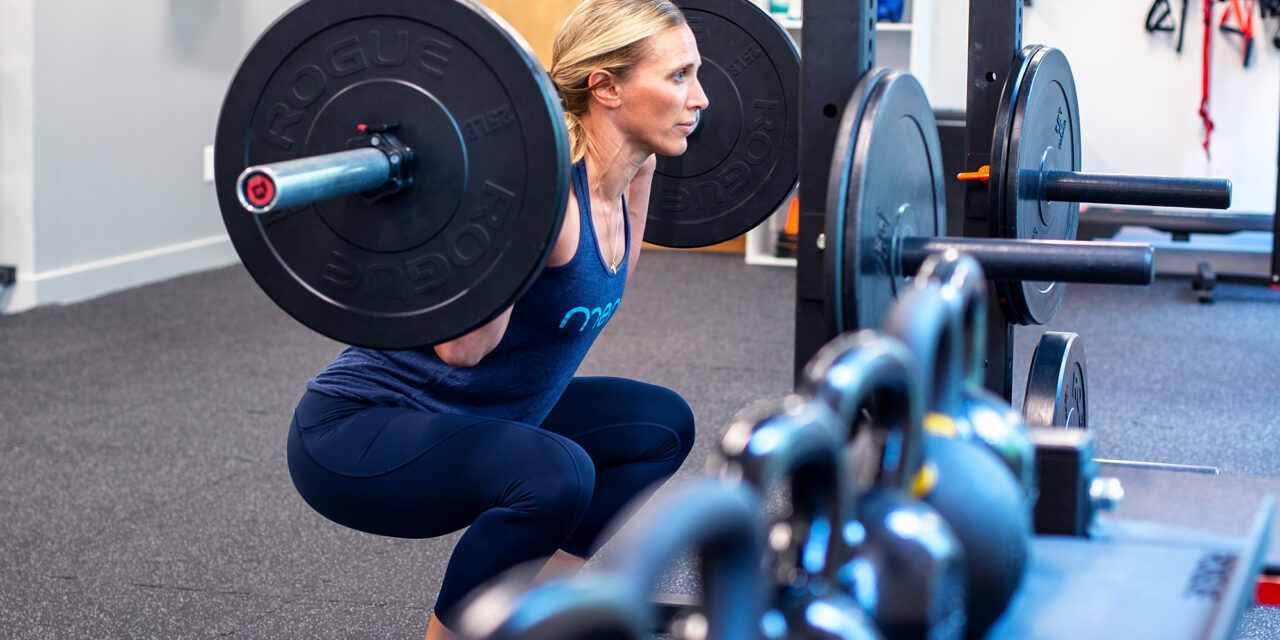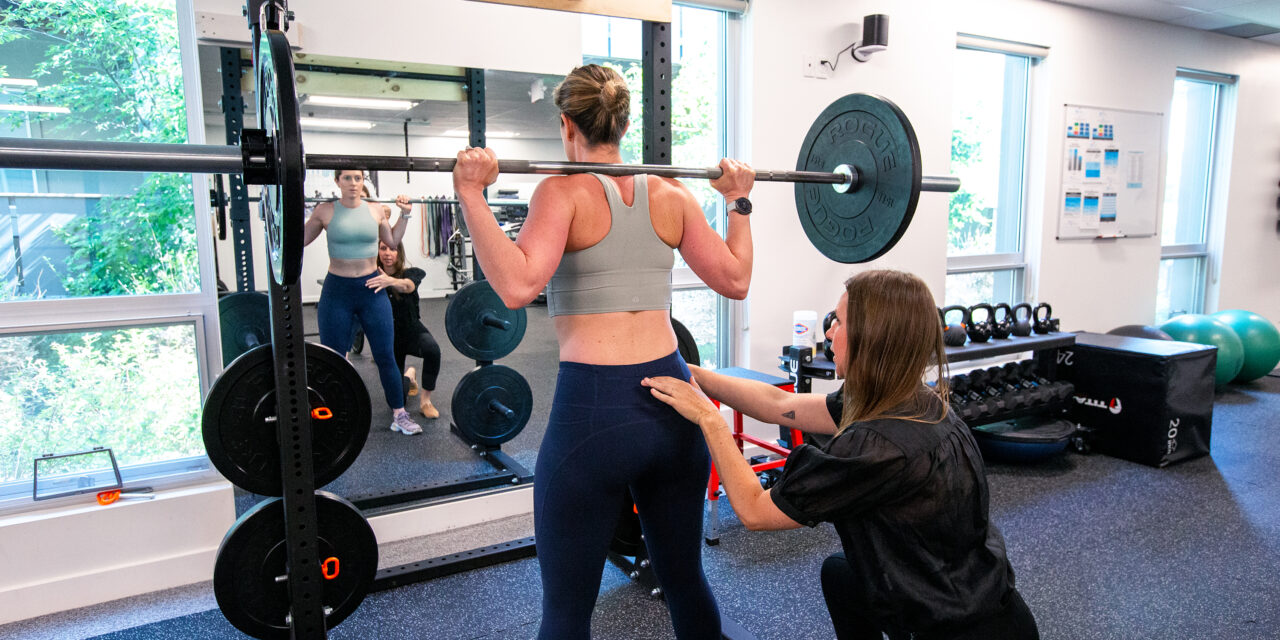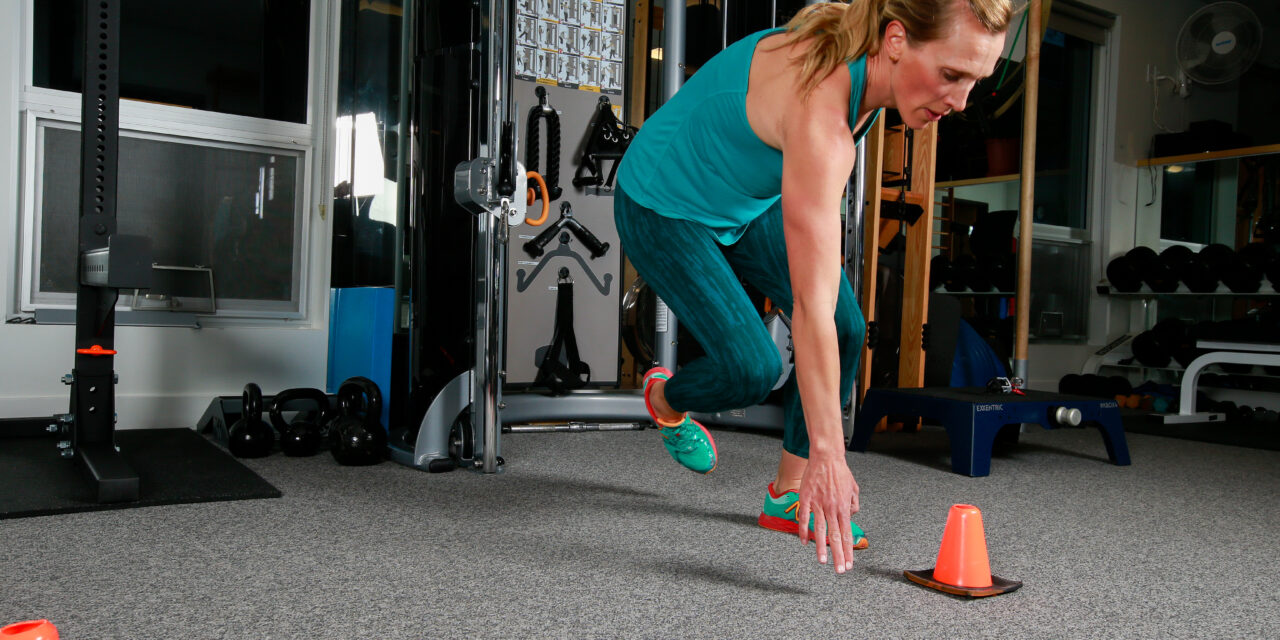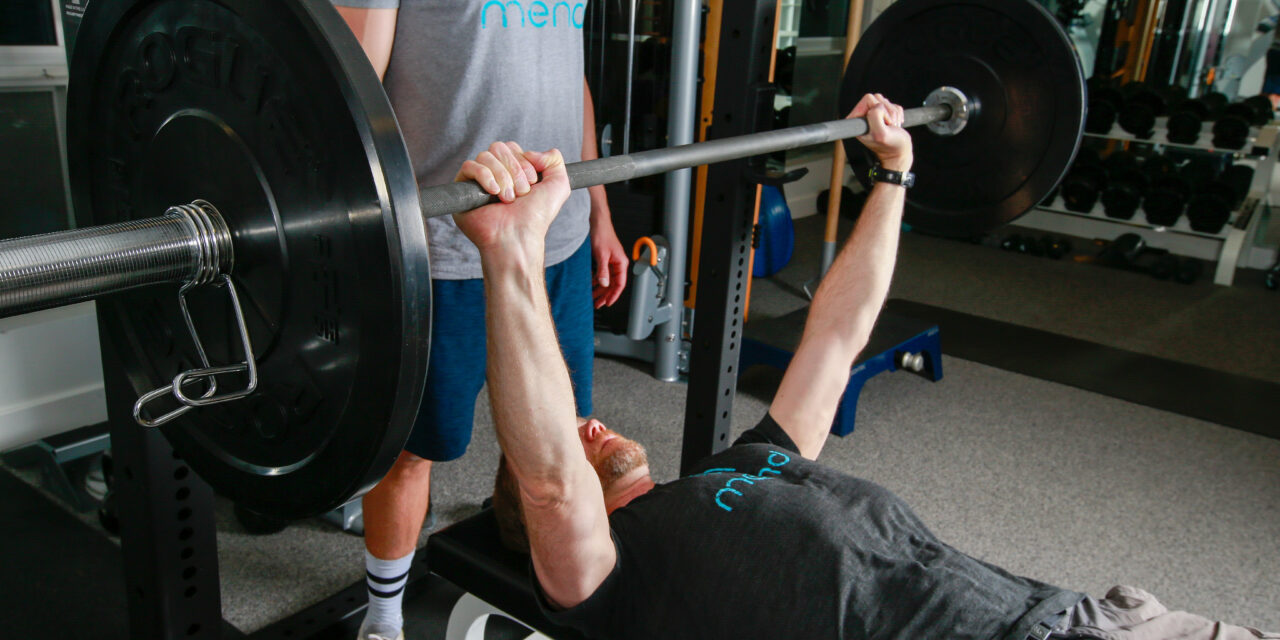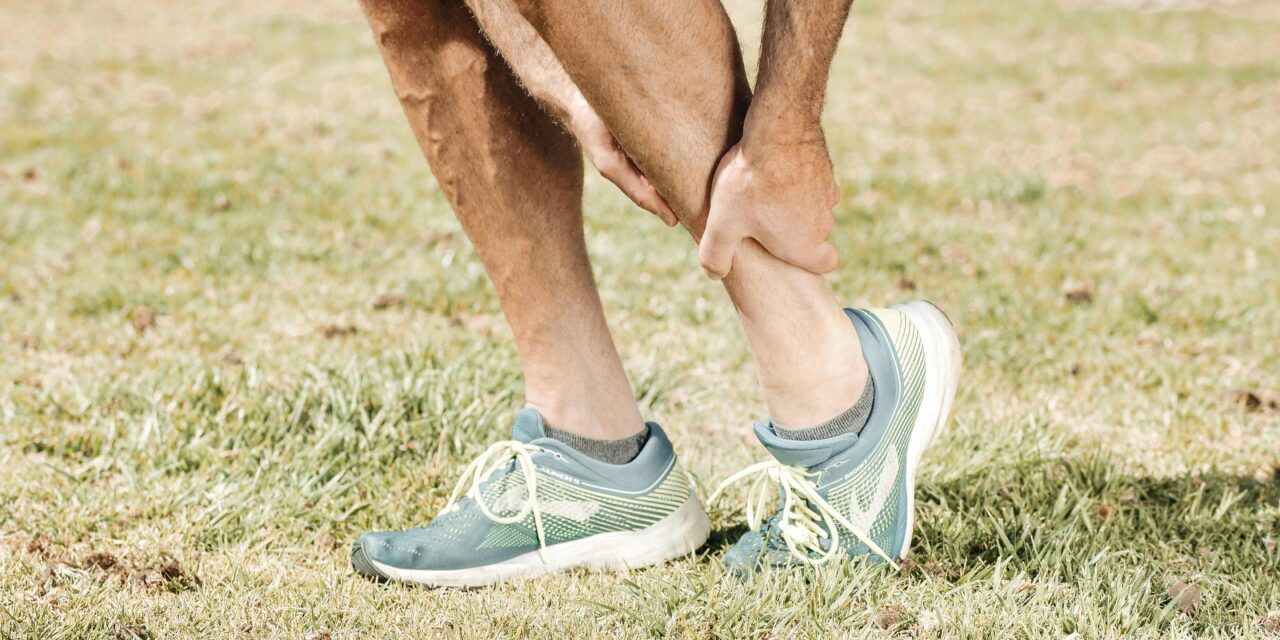Achilles tendon pain, previously called achilles tendinitis and now called achilles tendinopathy, is a common condition in both sedentary, active, and athletic populations. Researchers estimate this condition will affect between up to 1 in 5 runners in their lifespan with the highest prevalence among all athletes found in ages younger than 45. In our practice...
Reducing Your Risk Of Dementia
November 25, 2024
Researchers have estimated the incidence of dementia, and its’ most common form Alzheimer’s disease, will double approximately every 20 years. The CDC estimates 4% of all adults over 65 years old and 13% of those 85 and older will be diagnosed with a form of dementia in their lifespans. Thankfully, consistent with other chronic diseases...
High intensity interval training involves alternating between short duration bouts of vigorous and moderate intensities of exercise. The cumulative total of these interval minutes at a vigorous level is often more than an individual could sustain at a sustained vigorous intensity. Allowing the participant to obtain the health benefits of vigorous exercise without trying to...
How Can I Lose Weight During Menopause?
November 22, 2024
One of the most challenging populations for any exercise professional is women entering the perimenopausal or menopausal phases of life wishing to lose weight. Weight changes during this period for women are common due primarily to changes in key hormones, estrogen and progesterone, and metabolic changes/slow downs due to aging. Combined these changes can lead...
Utilizing Mental Focus To Get The Most Out Of Your Workout
November 22, 2024
Our brains can be our best or worst training partner. In our previous blogs we have written about how our brains stop our workouts or sets short to conserve energy. As part of our nervous system, our brains are actively involved in building strength with exercise. In fact, in the first 6 weeks of training...
Flushing Away Performance: How ‘Just in Case’ Peeing Impacts Athletes’ Pelvic Health
November 22, 2024
By: Erica Tran, PT, DPT, OCS Athletes practice “just in case” (JIC) peeing before workouts to avoid bathroom breaks during training or competition. However, this habit can harm your pelvic floor health. A recent systematic review on urinary incontinence (UI) in female athletes reveals how behaviors like JIC peeing can disrupt bladder function, leading to...
By Lucas Glomb, PT, DPT, OCS At our Boulder Physical Therapy and Lafayette Physical Therapy offices, return to sport training is a critical phase in a patient’s recovery from pain, injury, or surgery. In the fields of physical therapy and orthopedic medicine, “return to sport” has traditionally meant clearing patients for general activities like jogging,...
Studies have found that training at higher intensities can be more beneficial for bone health and gaining strength than working at lower intensities (Watson et al. 2017; Refalo et al. 2021). But what about the difference between being supervised by a trained professional, like a physical therapist, and unsupervised with self-selected intensities? A study by...
Meet Sarah, a new mom grappling with the challenges of her evolving sex life. Like many new parents, she finds herself facing painful intercourse and a decrease in sexual desire just three months after welcoming her baby. Unfortunately, this struggle is not uncommon. Up to 88% of new parents report sexual well-being issues, yet less...
Muscle strains and tendinopathies are common injuries we treat in our Boulder Physical Therapy and Lafayette Physical Therapy clinics. Common areas for muscle strains include the hamstrings, quads, calves, hip flexors and low back, while common areas for tendinopathies are the Achilles tendon, patellar tendon (jumper’s knee), and the rotator cuff. The nature of these...

